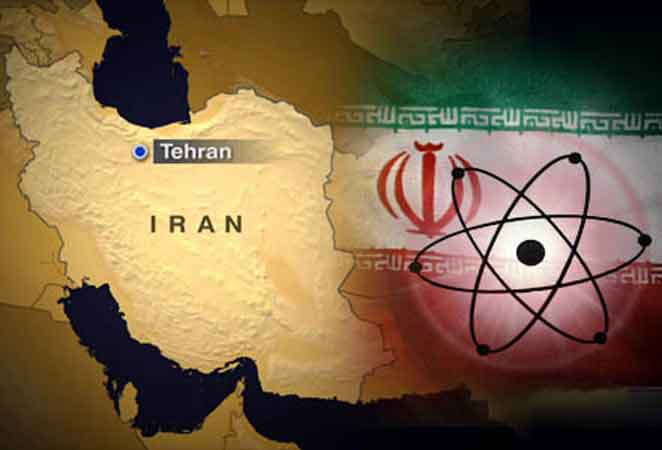ID :
334615
Tue, 07/08/2014 - 08:36
Auther :
Shortlink :
https://oananews.org//node/334615
The shortlink copeid
Wide differences remain between Iran, 5+1: Iranian nuclear negotiator

TEHRAN,July 8(MNA) – A member of the Iranian negotiating team said there are still wide differences between Iran and the six major powers (the five permanent members of the UN Security Council and Germany) in their talks over Tehran’s nuclear program.
The process of drafting the text of the final deal is underway “but there are still wide differences,” the Iranian negotiator told the Mehr news agency on Monday.
Michael Mann, the spokesperson for EU foreign policy chief Catherine Ashton who represents the major powers in talks with Iran, said constructive consultations are being held in Vienna. Mann added that the atmosphere of the talks is positive.
In an interview with the Al-Alam network, Mann said no date has been set for the end of the current round of talks and the negotiations will continue until Iran and the major powers can reach a comprehensive nuclear agreement, the Fars news agency reported on Monday.
The Associated Press also quoted diplomats as saying on Monday that the talks in Vienna are making little progress.
Two diplomats told AP that there is still a disagreement on the constraints Iran is ready to accept in exchange for a full end to the sanctions against the country. The diplomats demanded anonymity because they are not authorized to discuss the confidential negotiations.
According to AP, the biggest hurdle remains uranium enrichment. Tehran has long demanded that it be allowed to run up to 50,000 centrifuges to power its one existing nuclear reactor, and the two diplomats said Monday’s expert talks began with no formal change in that position.
The United States wants no more than a small fraction of that number. Its strongest backers at the negotiating table are Britain, France, and Germany, with Russia and China leaning to agreeing on any deal acceptable to Tehran and Washington.
The diplomats also said there is still disagreement over the Arak heavy-water reactor.
In addition, Iran is resisting pressure to turn an enrichment site dug into a mountain as protection against air attack to another use, they said.
Zarif, Ashton hold consultations
On Monday, Iranian Foreign Minister Mohammad Javad Zarif and Ashton held consultations about the process of drafting the final deal.
The current round of nuclear talks in Vienna, which started on Wednesday and are expected to continue at least until July 15, are meant to build on a landmark interim nuclear deal Iran and the 5+1 group clinched last November in Geneva.
Under the Geneva deal, Iran agreed not to expand its nuclear program for six months in exchange for limited sanctions relief. The agreement came into force on January 20. Iran and the powers have set a July 20 deadline to clinch a long-term comprehensive nuclear deal to resolve the dispute over Tehran’s nuclear program, which has dragged on for over a decade. The deadline can be extended by another half year if both sides agree.
In the previous round of talks, which was held in Vienna from June 16 to 20, only a moderate amount of progress was made, and Iran and the powers only managed to draw up a “working document” which is “heavily bracketed” due to the remaining disagreements.
The main stumbling block to reaching a final nuclear agreement by the July 20 deadline is the issue of the number of centrifuges, although there are some other sticking points, including the types of centrifuges Iran uses, the mechanism for lifting the sanctions, and the duration of the implementation of the final deal.





